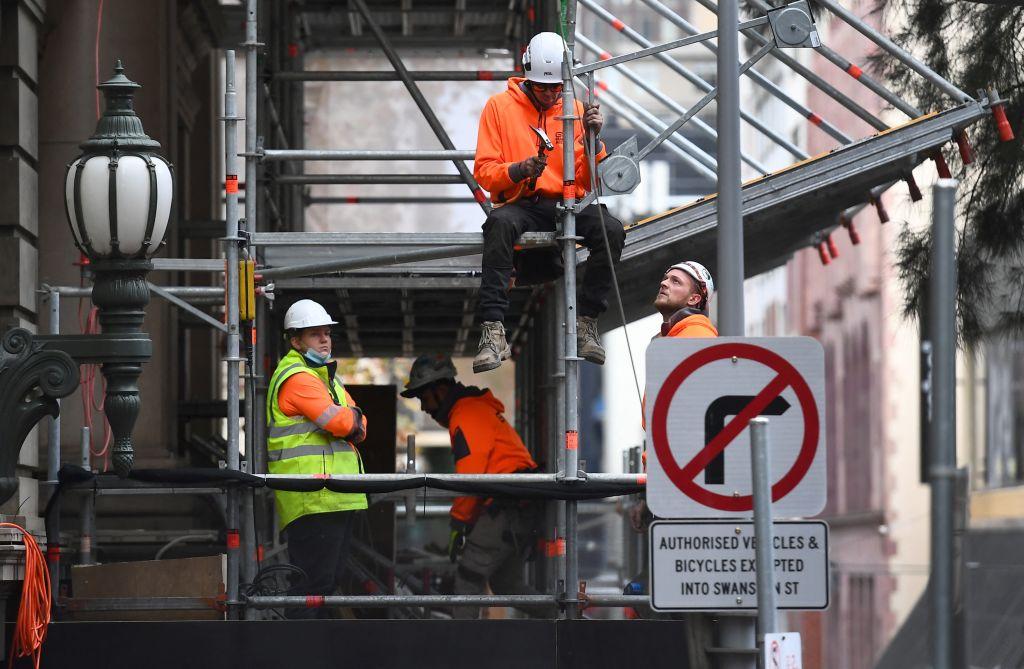Business groups that oppose federal Labor’s proposed “same job, same pay” labour-hire laws say the proposal would contribute to workforce shortages, increased food prices, and the winding back of working conditions.
Under the Fair Work Amendment (Same Job, Same Pay) Bill 2021, all workers employed through labour-hire companies will receive the same wage as employees employed directly. Employers may also face the prospect of more than $4 million in fines if they are found to breach workplace laws, such as incorrect employer records and consultation over rosters.





